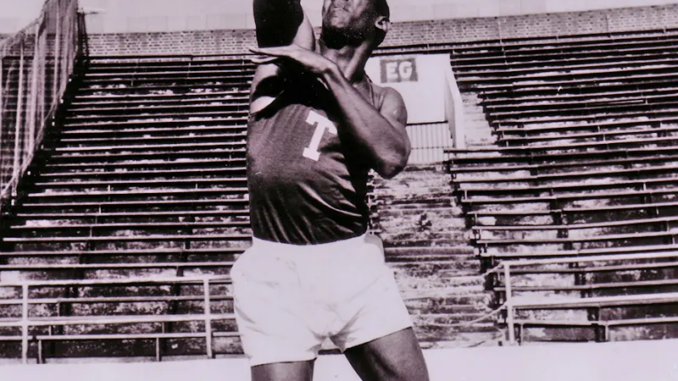
Bill Cosby’s career took off quickly after his time at Temple University, launching him into the national spotlight.
The turning point in Cosby’s journey came with his debut on The Tonight Show in 1963, marking the beginning of what would become a legendary, albeit controversial, career. During his time at Temple, Cosby was honing his comedic skills, which combined sharp wit, observational humor, and an accessible style. His ability to make everyday experiences relatable made him stand out. It wasn’t long before he caught the eye of industry insiders, leading to his invitation to perform on The Tonight Show, hosted by Johnny Carson. This moment was pivotal, as Cosby’s appearance made him a household name almost overnight.

His clean-cut humor and warm storytelling style resonated with a wide audience, which, during the early 1960s, was no small feat. At a time when racial segregation still plagued America, Cosby’s talent helped break down some of the barriers for Black entertainers. He presented a version of comedy that crossed cultural lines, allowing him to appeal to both Black and white audiences—a rare achievement in the entertainment world of the era.
The success of his Tonight Show appearance opened the doors to a number of high-profile opportunities. Cosby soon secured roles in television, including the groundbreaking series I Spy, where he became the first Black actor to star in a leading role on a prime-time American television drama. His talent, charm, and relatability made him an icon not just for his comedic brilliance but also for his role in shaping the landscape of Black representation in Hollywood.
Cosby’s meteoric rise from a Temple student to a comedic force was a testament to his unique ability to capture the essence of human experience in his performances. His 1963 debut on The Tonight Show solidified his status as one of America’s favorite comedians, though his later years would tarnish his legacy. However, in that early period, Cosby stood as a trailblazer and a beloved figure in entertainment.
